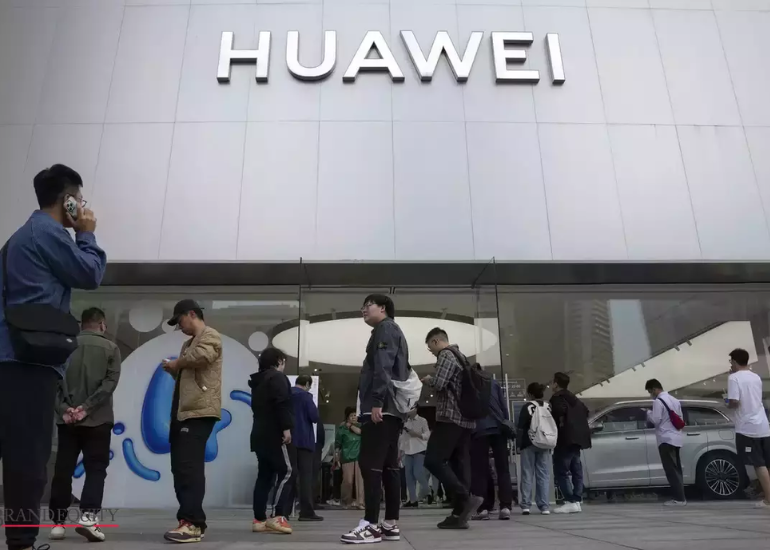China’s Huawei Technologies has asked Mercedes-Benz and Volkswagen’s Audi if they are interested in purchasing modest holdings in its smart car software and components firm. According to three people familiar with the conversations
According to them, the move is intended to broaden its connections outside Chinese brands. According to one of the sources briefed on the topic, Huawei, which has been the focus of US sanctions since 2019, thinks that the presence of international investors will help defend the company from any further geopolitical difficulties.
Last month, the Chinese technology behemoth announced the spinoff of its four-year Intelligent Automotive Solution (IAS) business unit, which aims to become the dominant supplier of software and components for smart electric cars (EVs).
According to two sources, Huawei has undertaken preliminary conversations with Mercedes in recent weeks. According to one source, the German automaker was given a 3% to 5% interest, with the valuation to be discussed.
However, Mercedes was uninterested since it prefers to retain control of its software in order to maintain its premium brand positioning rather than outsourcing it to a supplier, according to the source.
However, according to two of the insiders, Audi and Huawei are planning a collaboration to develop autonomous driving technology for Audi. These technology would be employed in automobiles for the Chinese market beginning in 2025, developed by the German automaker’s joint venture with FAW Group.
Huawei’s effort comes as global automakers in China seek to cooperate with Chinese companies that have a head start in creating high-end features for tech-savvy Chinese consumers.
Volkswagen has been collaborating with EV manufacturer Xpeng and autonomous driving chip designer Horizon Robotics to create intelligent and connected electric vehicles tailored to China.
According to Richard Yu, who leads Huawei’s smart car business, it has been difficult for European, American, and Japanese corporations to choose Huawei as their primary supplier of intelligent solutions due to US sanctions.
“Therefore it’s a huge challenge because we have invested tremendously,” Yu said at the time.
While many of China’s most high-profile EV manufacturers like Nio and BYD rely on their own software, Huawei has formed partnerships with smaller electric car makers like Seres Group and some big older automakers like Chongqing Changan Automobile.
Changan Auto has said it will be an investor in Huawei’s smart car business once it is spun off, owning as much as 40% along with relevant parties.
Yu said in November that Huawei had invited Seres, Chery Automobile, Jianghuai Automobile Group and BAIC Motor to invest in the smart car firm and hoped FAW Group could join as well.


